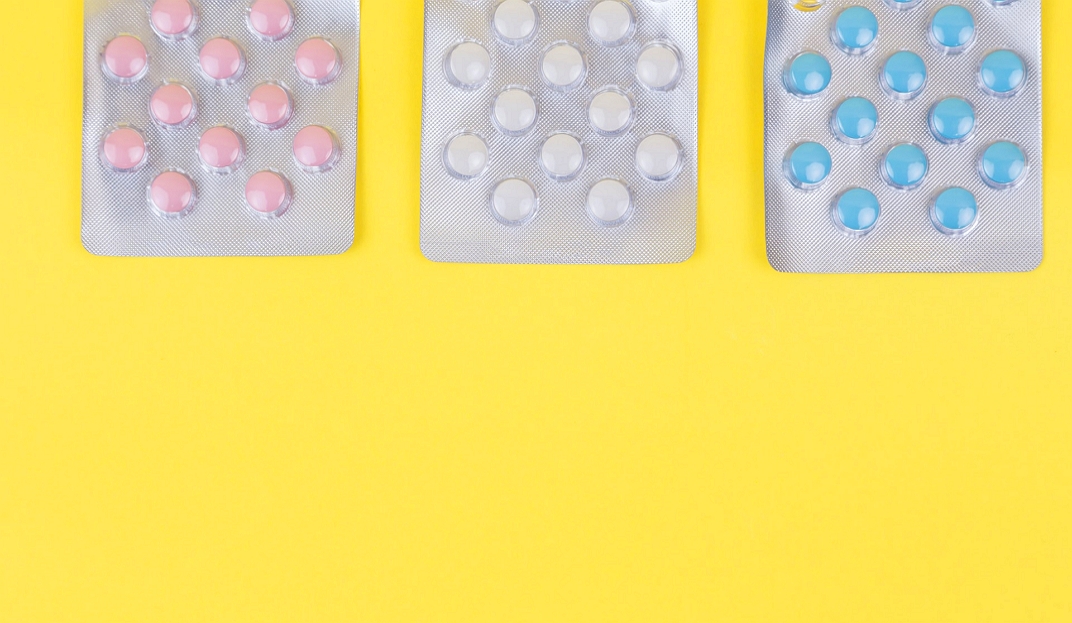The Chain of Office of the Dutch city of Leiden is a broad and colorful ceremonial necklace that, draped around the shoulders of Mayor Henri Lenferink, lends a magisterial air to official proceedings in this ancient university town. But whatever gravitas it provided Lenferink as he welcomed a group of researchers to his city, he was quick to undercut it. “I am just a humble historian,” he told the 300 members of the Society for Interdisciplinary Placebo Studies who had gathered in Leiden’s ornate municipal concert hall, “so I don’t know anything about your topic.” He was being a little disingenuous. He knew enough about the topic that these psychologists and neuroscientists and physicians and anthropologists and philosophers had come to his city to talk about — the placebo effect, the phenomenon whereby suffering people get better from treatments that have no discernible reason to work — to call it “fake medicine,” and to add that it probably works because “people like to be cheated.” He took a beat. “But in the end, I believe that honesty will prevail.”
Lenferink might not have been so glib had he attended the previous day’s meeting on the other side of town, at which two dozen of the leading lights of placebo science spent a preconference day agonizing over their reputation — as purveyors of sham medicine who prey on the desperate and, if they are lucky, fool people into feeling better — and strategizing about how to improve it. It’s an urgent subject for them, and only in part because, like all apostate professionals, they crave mainstream acceptance. More important, they are motivated by a conviction that the placebo is a powerful medical treatment that is ignored by doctors only at their patients’ expense.
And after a quarter-century of hard work, they have abundant evidence to prove it. Give people a sugar pill, they have shown, and those patients — especially if they have one of the chronic, stress-related conditions that register the strongest placebo effects and if the treatment is delivered by someone in whom they have confidence — will improve. Tell someone a normal milkshake is a diet beverage, and his gut will respond as if the drink were low fat. Take athletes to the top of the Alps, put them on exercise machines and hook them to an oxygen tank, and they will perform better than when they are breathing room air — even if room air is all that’s in the tank. Wake a patient from surgery and tell him you’ve done an arthroscopic repair, and his knee gets better even if all you did was knock him out and put a couple of incisions in his skin. Give a drug a fancy name, and it works better than if you don’t.
You don’t even have to deceive the patients. You can hand a patient with irritable bowel syndrome a sugar pill, identify it as such and tell her that sugar pills are known to be effective when used as placebos, and she will get better, especially if you take the time to deliver that message with warmth and close attention. Depression, back pain, chemotherapy-related malaise, migraine, post-traumatic stress disorder: The list of conditions that respond to placebos — as well as they do to drugs, with some patients — is long and growing.









